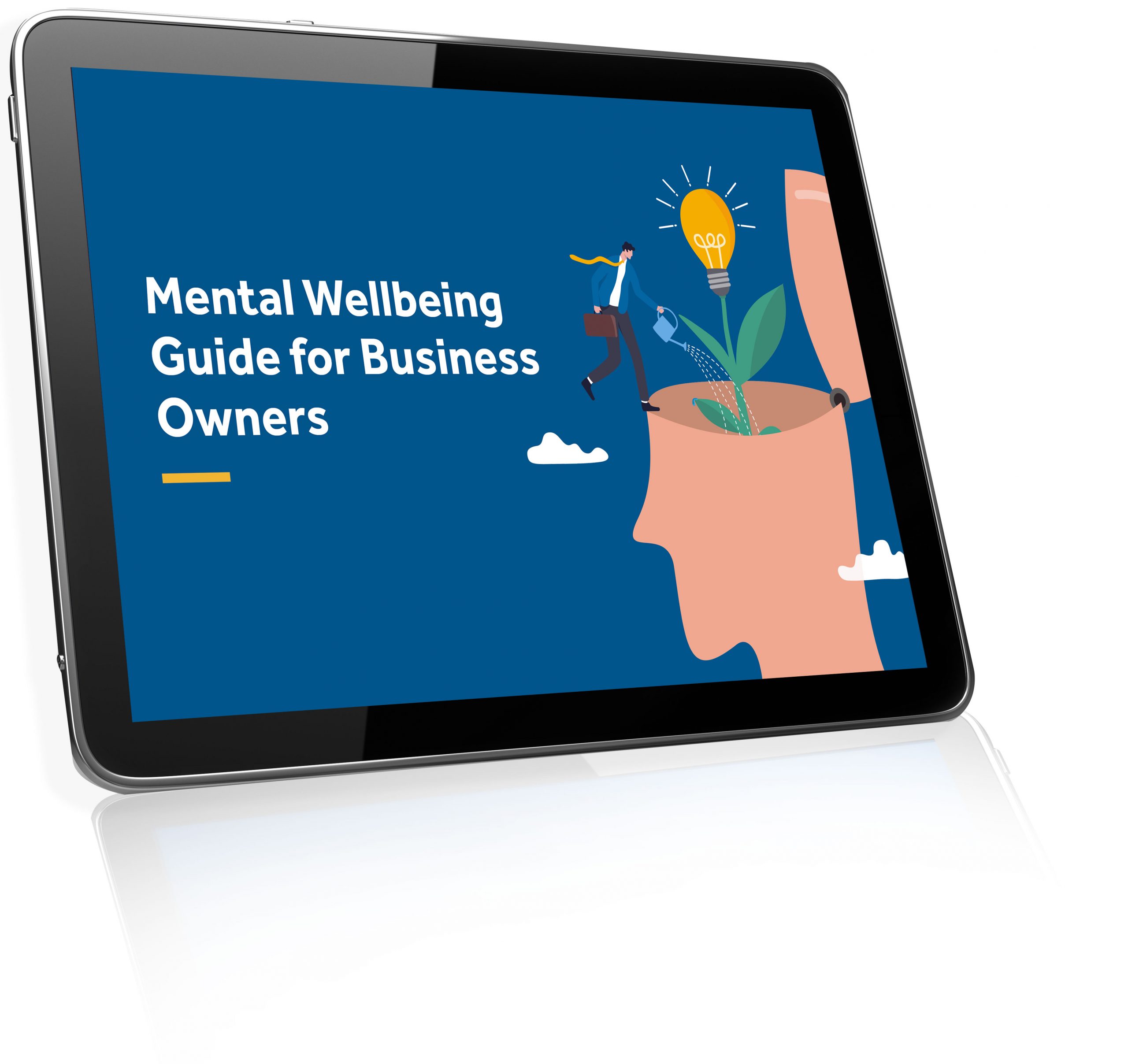
R U OK? Day is an annual event when Australians are reminded that every day is the right day to ask, “are you okay?”.
The R U OK? Day 2023 theme is “I’m here to hear”. It encourages everybody to start meaningful conversations and really listen when people around them are wrestling with their mental health.
In our private lives, having conversations with family and friends about their psychological well-being comes naturally. However, discussing the same issues with colleagues can feel a bit more uncomfortable.
Let’s explore how you can break down workplace barriers and start an honest, heartfelt conversation with a struggling co-worker.
It’s always good to talk
Nobody should ever suffer in silence with mental health issues. It’s always good to talk. But sometimes it’s hard to find the confidence to speak up.
There are many reasons why discussing mental health problems at work can be difficult. Some people may be afraid of being stigmatized or discriminated against, while others may worry it will affect their career prospects or how their job performance is perceived.
Sometimes, simply not knowing how to raise the subject can prevent somebody from getting the emotional support they need. If you see someone battling, don’t wait for them to speak up – take the initiative yourself.

Who’s looking after you?
With all the responsibilities that come with running a small business, there’s not always enough time left to look after yourself.
If you want to build a sustainable company, it’s imperative to maintain your mental health. Our FREE Mental Well-Being Guide for Small Business Owners is designed to help you do just that. Download it today and discover practical tips for staying happy, healthy, and on top of business.
Handling a sensitive subject
If you do decide to strike up a conversation with a co-worker, be sure to handle the situation delicately. For many people mental health can be a sensitive subject. Here are some practical tips that can help the conversation go smoothly:
Choose the right time and place: It’s important to choose a time and place where you will not be interrupted and where the person feels comfortable talking. A private office or a quiet coffee shop may be good options.
Ask the question: The best way to start a mental health conversation is to be direct and ask the question “Are you okay?”. This shows the person that you are concerned about them and that you are open to talking about mental health.
Listen without judgment: When the person starts talking, listen without judgment. People dealing with mental health issues can be especially sensitive. If you say something judgmental, they may feel misunderstood and become defensive.
Encourage them to talk about their feelings: It’s important to encourage the person to talk about how they are feeling. This can help them start to process what they are going through.
Offer your support: Let the person know that you are there for them and that you will support them in any way you can. Remind them you’re always available if ever they need someone to talk to.
Don’t try to fix things: It’s important to remember that you cannot fix the person’s mental health problems. The best thing you can do is to offer your support and to encourage them to seek professional help if they need it.
Be positive: Highlight the person’s personal and professional strengths. People suffering with mental health problems often have a diminished sense of self-worth, so it helps to make them feel more positive about themselves. Let the person know that you believe in them and that they can get through this.
Be mindful of your body language: Avoid crossing your arms or looking away, as this can make the person feel like you are not interested or losing patience.
By listening with an open mind and heart, you can let them know that you care about them and that they are not alone.
What if they’re not ready to talk?
If the person is not ready to talk, that’s okay. Let them know that you are there for them when they are ready. You can also offer to help them find professional support, such as a therapist or employee assistance program (EAP)
If you think the person might be suicidal, you can call the Lifeline crisis hotline on 13 11 14 for support.
A life-changing chat
Everybody deserves support with their mental health, including the people you work with. If you spot a suffering co-worker, don’t wait for someone else to reach out. Simply put, the best person to help is the first person to notice.
Remember, a three-word question and a ten-minute conversation could change somebody’s life.
Under the Work Health and Safety Act, employers have a responsibility to take reasonable steps to preserve their employees’ mental health. With constantly changing legislation and regulations, it can be tricky to keep up with your obligations.
Over 30,000 Australian businesses trust Employsure to support them with Workplace Health and Safety. Call our FREE Advice Line on 1300 651 415 to get all your difficult health and safety questions answered.


